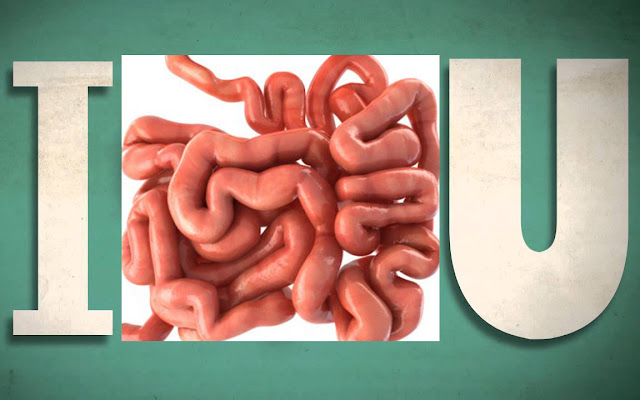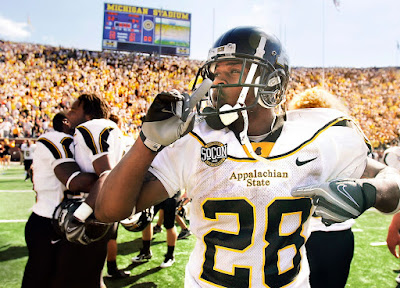You Can Do Better, NIV (Part 2)

Acts 4:32-37 offers a fascinating depiction of life in the earliest years of the Church. These verses tell us that believers were of one heart and mind, and shared everything. So much so that folks would sell property and bring the proceeds to the apostles for distribution to those in need. This brief section concludes with an example of someone named Joseph doing exactly that. In the midst of these verses, Acts 4:33-34 offer a great example of the differences between English translations. Check out these verses in the NIV and NRSV. 33 With great power the apostles continued to testify to the resurrection of the Lord Jesus. And God’s grace was so powerfully at work in them all 34 that there were no needy persons among them. For from time to time those who owned land or houses sold them, brought the money from the sales... (NIV) 33 With great power the apostles gave their testimony to the resurrection of the Lord Jesus, and great grace was upon them all. 34 There was not













